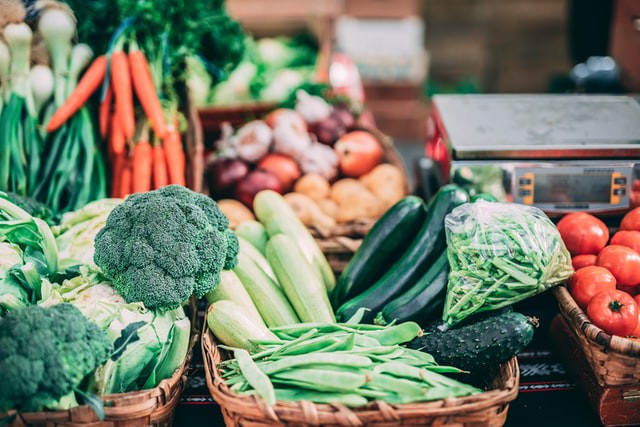Even as cancer screening methods and improved cancer treatments have increased the odds of surviving cancer, prevention remains the best investment of time and attention. Individuals and families can greatly reduce their cancer risk by adopting healthy habits, including both diet and exercise. But what is the cancer prevention diet?
The Misnomer — More Than Just Cancer
A cancer prevention diet offers benefits beyond cancer risk. It advocates lowering or eliminating the intake of foods with proven links to cancer, which also offers improvement in heart health, obesity, and other aspects of overall wellness.
The World Health Organization attributes at least 30–40% of cancer diagnoses to lifestyle factors. Smoking and general tobacco use is the riskiest behavior on the list, followed by alcohol consumption, poor diet, overweight and obesity, and a generally sedentary lifestyle.
The Benefits of a Healthy Diet
Researchers attribute diet to between 10–20% of cancer risk. That rate is affected by non-selective factors like race, gender, and inherited genetic traits.
It’s also worth noting that diet impacts cancer rates differently based on the type of cancer. Diet lowers cancer risk to tissue and organs most closely associated with digestion, including esophageal cancer, stomach, and colorectal cancer types.
Foods and Habits to Prevent Cancer
By limiting the intake of some of the most proven cancer-causing foods, individuals and families can reduce their risk of developing cancer and enjoy other benefits, including potential weight loss and reducing the risk of other diseases like diabetes.
High-Risk Foods to Avoid
Skip the Sugar
There is a growing body of evidence that shows sugar-sweetened drinks and snacks is contributing to weight gain and obesity in kids and adults. Avoid or eliminate sugary drinks when possible to lower the risk of obesity and possible direct links to specific types of cancer.
Avoid Processed Meat
Processed lunch meat like ham, salami, and turkey is heavily processed using a combination of salt, fermentation, and chemical food ingredients. In one study, the risk of developing colorectal cancer increased 16% for every 50 grams of processed meat consumed by subjects per day. Replace processed and red meats with poultry or seafood whenever possible as an alternative, lower-risk source of protein.
Stay Away from the Drive Thru
Convenience has a price. The high-calorie and large portions served by most fast-food chains are a contributing factor to many health issues, including cancer. The high concentration of fat and sugar in burgers, fries and other fast-food fare are proven contributors to weight gain and obesity.
Stop Drinking
Alcohol is a proven contributor to mouth, esophageal, liver, breast, and other types of cancer. Just 10 grams of alcohol a day increased the risk of cancer by up to 25%. Reduce your alcohol intake or consider quitting drinking entirely.
Eat This Instead
Make fruits and vegetables a part of meals or snacks whenever possible. Fiber, readily available in whole grains, veggies, and beans can reduce the risk of colorectal cancer. Replacing high-calorie, high-sugar, and high-fat foods with fruits and vegetables also protects against weight gain and obesity.
What Is A Healthy Diet, Anyway?
Food science is always evolving but the basics of a healthy meal have remained relatively unchanged for decades. A healthy, balanced diet includes foods that offer adequate calories, carbohydrates, proteins, and fats to keep your body fueled.
As a general rule, each meal should be comprised of:
- Approximately 25% whole grains (bread, pasta, etc.)
- Approximately 25% healthy protein (chicken, fish, etc.)
- Approximately 35% vegetables (carrots, peas, sweet potatoes, etc.)
- Approximately 15% fruit (bananas, apples, pears, etc.)
Get the Help You Need to Eat Healthily
For more information on crafting a cancer prevention diet or a healthy diet in general, speak with your doctor or explore resources online to get more out of your food.
Resources:
CDC Healthy Weight, Nutrition and Physical Activity
World Health Organization — Healthy Eating Plan
The Basics of the Cancer Prevention Diet was originally published in Less Cancer Journal on Medium, where people are continuing the conversation by highlighting and responding to this story.


Leave A Comment
You must be logged in to post a comment.